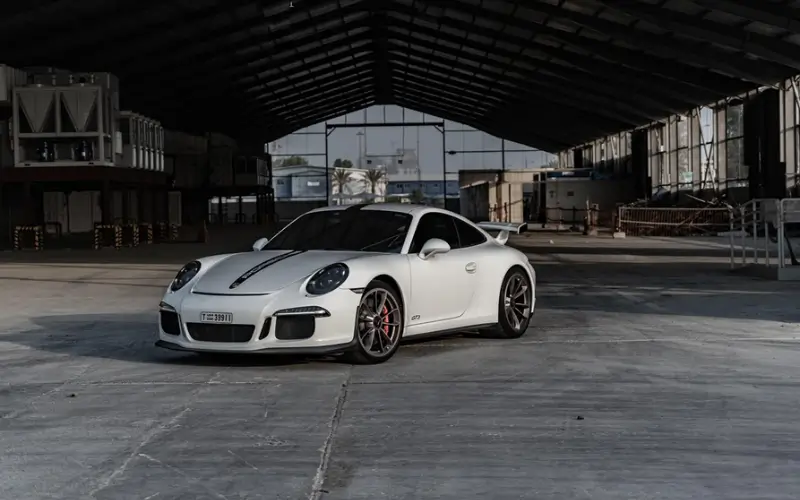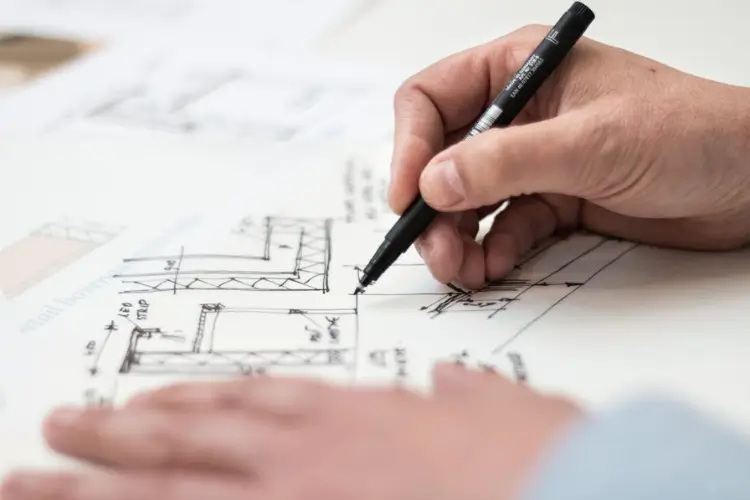Cedar Springs, Dallas, is known for its vibrant community, upscale lifestyle, and a strong appreciation for luxury vehicles. Among the sleek cars seen on its roads, Porsche models stand out for their performance, design, and engineering excellence. However, owning a Porsche also means staying ahead of its unique maintenance needs.
From oil leaks and coolant issues to brake wear and electrical faults, Porsche requires regular and expert attention to maintain peak performance. Understanding these common maintenance challenges can help owners avoid unexpected breakdowns and expensive repairs.
Relying on trusted experts for your Porsche repair in Cedar Springs, Dallas, ensures your vehicle gets the specialized care it deserves. With the proper attention, your Porsche can continue delivering the thrilling drive it’s known for.
Common Engine Problems
Porsche owners often face engine-related problems like oil leaks, coolant leaks, and intermediate shaft (IMS) failures. These issues can affect engine performance and lead to expensive repairs if not addressed early. Sticking to the recommended service schedule, using high-quality engine oil, and keeping an eye out for fluid leaks can go a long way in preventing major damage.
To keep your engine in top condition, it’s important to follow a regular vehicle maintenance checklist. This includes checking oil and coolant levels, inspecting for any visible leaks, monitoring unusual engine noises, and running routine diagnostics. Staying on top of these tasks can help catch issues early and ensure your Porsche continues to perform at its best.
Brake Wear and Tear
Porsche cars are built for high performance, which puts extra pressure on the brakes. This can cause the brake pads, rotors, and calipers to wear out faster, especially if you drive for a longer distance.
Regular checks and replacement of these parts are necessary to minimize issues and prolong the braking system’s lifespan, using original or high-quality parts.
Electrical System Failures
New Porsches have advanced electrical systems that provide energy to everything from the infotainment system to the engine control unit. While these systems enhance the driving experience, they are also prone to failure. Battery drain, sensor faults, or software faults are typical problems.
Prevent problems by keeping the battery in good condition, doing regular software updates, and making sure the electrical system stays clean and dry. Also, avoid using aftermarket electronic parts, as they can mess with the car’s original settings.
Suspension and Steering Problems
Steering and suspension components, including control arms, bushings, and power steering pumps, can wear out over time, especially with rough roads or heavy use. This can cause poor handling, unusual noises, or uneven tire wear.
Additionally, regular alignment checks and inspections can avoid extensive suspension issues. If any wear or loss of performance is noted, have the components inspected and replaced by a qualified technician.
Transmission Problems
Some Porsche models, especially those with dual-clutch PDK transmissions, may develop problems like fluid leaks, slow gear shifts, or worn-out clutches over time. If these issues aren’t fixed early, they can affect performance and lead to expensive repairs.
You need to follow Porsche’s maintenance schedule for transmission fluid change and get the transmission inspected periodically. Faint signs like jerky gear transitions or delayed engagement need to be attended to as soon as possible.
Cooling System Maintenance
Porsche, especially those with rear or mid-engine designs, needs a strong cooling system to avoid engine overheating. To prevent problems, it’s important to regularly flush and refill the coolant, check coolant levels, inspect hoses and the radiator for leaks or damage, and stay updated on recalls or safety notices. Contact the best service provider for Porsche repairs in Cedar Springs, Dallas, to keep your vehicle in top condition.




